Ep. 153 | The History of Opium in China
In this episode, Laszlo examines remarks made by distinguished UCLA Professor of Public Policy Mark Kleiman who had commented on Britain’s participation in the Opium War. The main point was that the cause of the Opium War was due more to protecting imperial tax revenues and the domestic market than trying to stamp out the opium problem.
Opium’s history in China began centuries before, at least during the Tang and maybe as far back as Eastern Jin. The focus of this episode is on opium’s history in China prior to the Opium War.
Listen On Your Favorite Podcast Player
Terms in Episode
| Pinyin/Term | Chinese | English/Meaning |
|---|---|---|
| A Fei Rong | 阿肥蓉 | Ancient name for opium |
| A Fu Rong | 阿芙蓉 | Ancient name for opium |
| Chen Cangqi’s Bencao Shiyi | 陈藏器,本草拾遗 | the Supplement to the Materia Medica |
| Chen Chong | 陈冲 | Joan Chen |
| chunyao | 春药 | aphrodisiac |
| Da Tu | 大土 | Patna opium (big soil) |
| Daoguang emperor | 道光 | Qing emperor who was on duty when the roof caved in on China |
| Dingling | 定陵 | The Wanli Emperor’s Tomb, excavated in 1956 |
| Du Yuesheng | 杜月笙 | Shanghai Crime Boss, Big-Ears Tu |
| Eastern Jin | 东晋 | The latter part of the Jin after Sima Rui moved the capital to Jiankang |
| Eastern Zhou | 东周 | Latter half of the Zhou Dynasty when the capital was at Luoyang |
| Empress Wanrong | 婉容皇后 | Empress of China’s last emperor Pu Yi |
| Gong Tu | 公土 | Another name for Malwa opium common soil |
| He Fu Rong | 合甫融 | Ancient name for opium |
| Jiajing Emperor | 嘉靖 | Qing emperor who followed the Qianlong emperor |
| Jiu Tang Shu | 旧唐书 | The Old Book of Tang |
| Kangxi emperor | 康熙 | Great and long reigning Qing emperor |
| Lady Zheng | 郑贵妃 | Wanli Emperor’s favorite consort |
| lao pengyou | 老朋友 | Old friends |
| Li Shízhēn | 李時珍 | Gave us the Compendium of Materia Medica, the Bencao Gangmu 本草纲目 – 1578 |
| Lin Zexu | 林则徐 | Chinese hero who stood up to Britain |
| Lu Yu | 陆羽 | The Tea Saint of China |
| Madak | 玛达克 | Mixture of opium and tobacco |
| Ming Chenghua | 明成化 | Ming emperor |
| Ming Chongzhen | 明崇祯 | Final Ming emperor, committed suicide when the dynasty fell |
| Nanfang Caomu Zhuang | 南方草木装 | Ancient work on botany written by Western Jin Scholar Ji Han (嵇含) |
| Pu Yi | 溥仪 | The last Qing emperor |
| Qianlong | 乾隆帝 | The long reigning Qianlong emperor |
| Shang Dynasty | 商朝 | Bronze Age Dynasty |
| Shen Nong | 神农 | The Divine Farmer |
| Shisan Ling | 十三陵 | The Thirteen Ming Tombs just north of Beijing |
| Siku Quanshu | 四库全书 | The Complete Library of the Four Treasures |
| Southern Song | 南宋 | Latter part of the Song Dynasty when the capital was moved to Jiankang |
| Su Dongpo | 苏东坡 | a.k.a. Su Shi 苏轼 |
| Tainan | 台南 | City on south coast of Taiwan |
| Tang Xuanzong | 唐玄宗 | Tang emperor on duty when the dynasty peaked a second time |
| Wan Li Emperor | 明万历 | Ming emperor |
| Xia Dynasty | 夏朝 | Mythical dynasty from the Bronze Age |
| Xiao Tu | 小土 | Malwa opium (马尔瓦鸦片) (small soil) |
| Xie Zhaozhe | 谢肇淛 | lived in late 16th – early 17th century Ming Dynasty China was a prolific writer of books |
| Xu Boling | 徐伯龄 | Wrote in 1483 about opium’s use in China as an aphrodisiac |
| Yan Guan | 烟馆 | An opium house |
| Yapian | 鸦片 | Opium from the Arabic / Persian work afyun |
| Yapian Guan | 鸦片馆 | An opium house |
| Ying chou | 迎抽 | A welcome smoke offered a gues upon arriving at your house |
| Ying Su | 罂粟 | Poppy |
| Yongle Emperor | 永乐大典 | Yongle Encyclopedia |
| Yongzheng Emperor | 雍正 | Successor to the Kangxi emperor |
| Zhang Changjia | 张昌甲 | Wrote a book in 1878 called “Opium Talk”, Yan Hua |
Resources
Websites
For more on opium and eroticism in Chinese literature:
Keith McMahon, Professor, Chinese Language and Literature, East Asian Languages and Cultures, University of Kansas









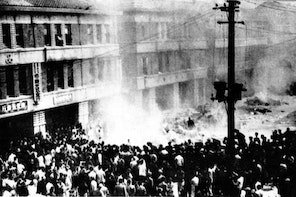
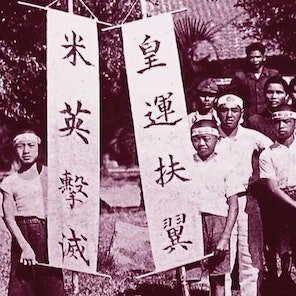
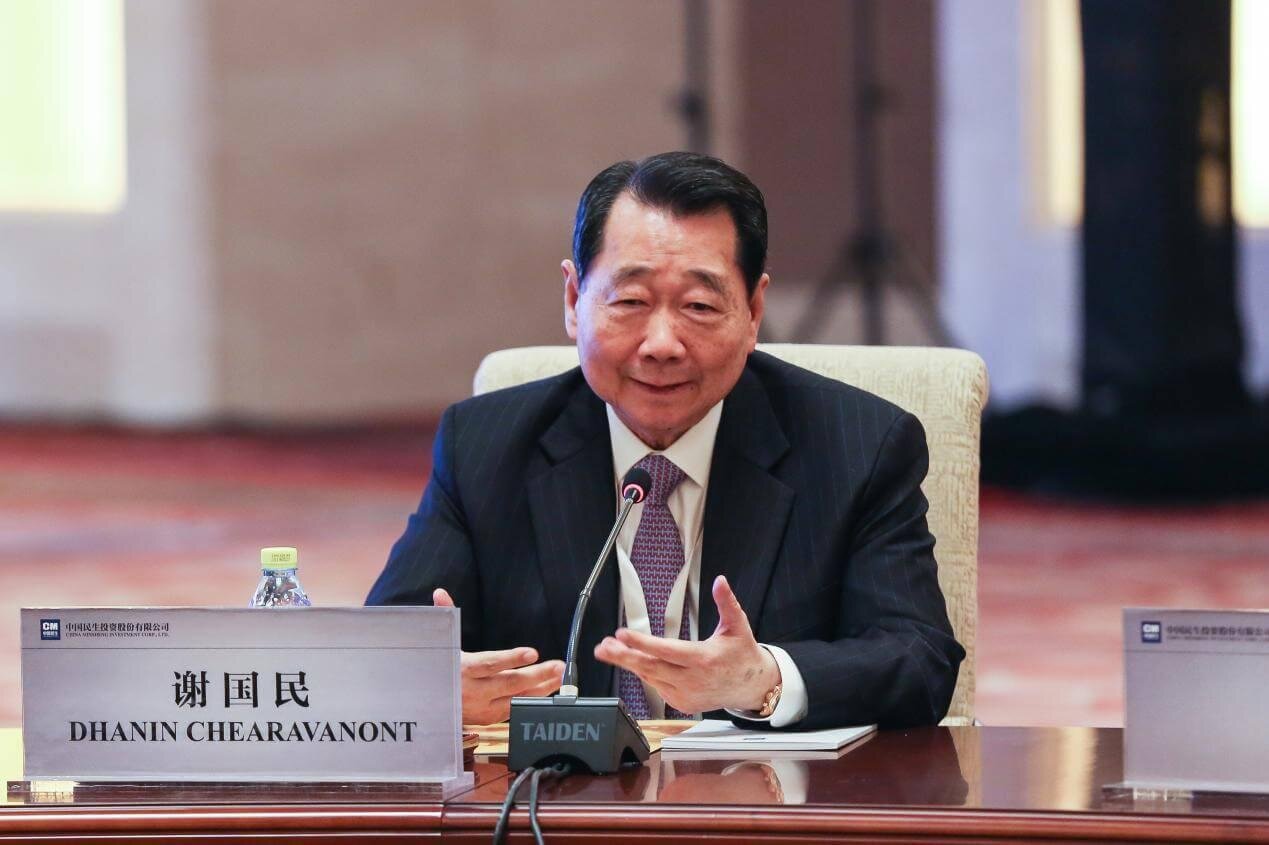
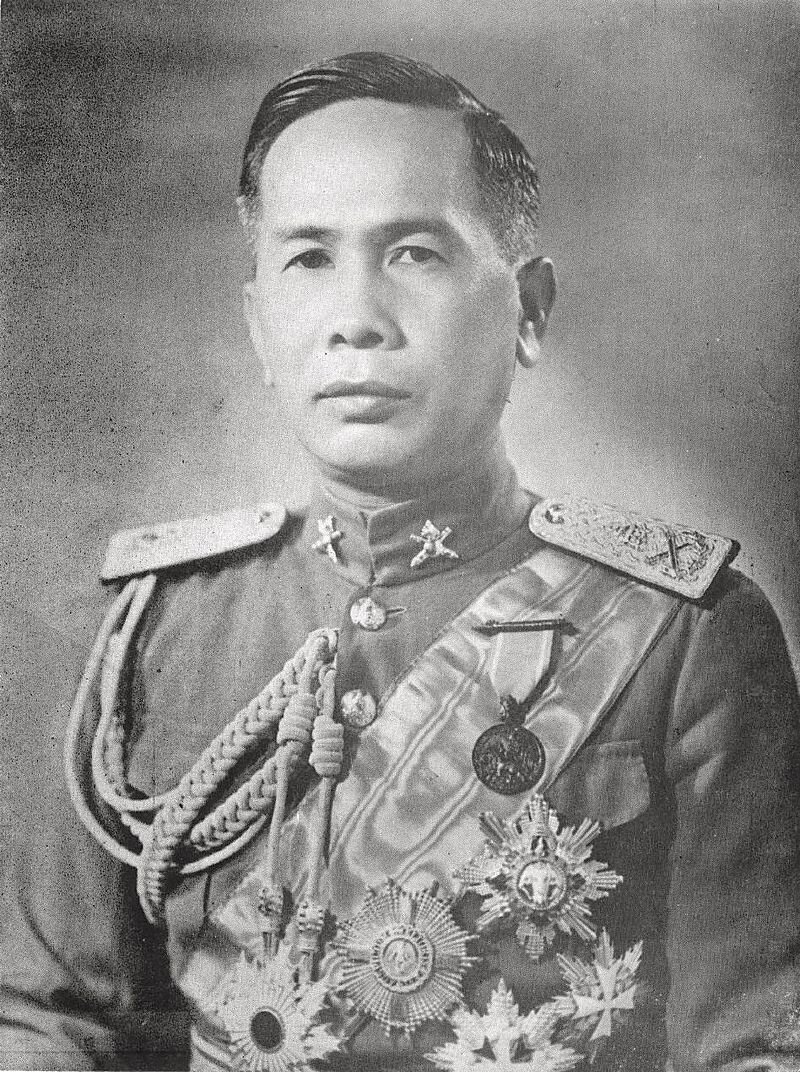
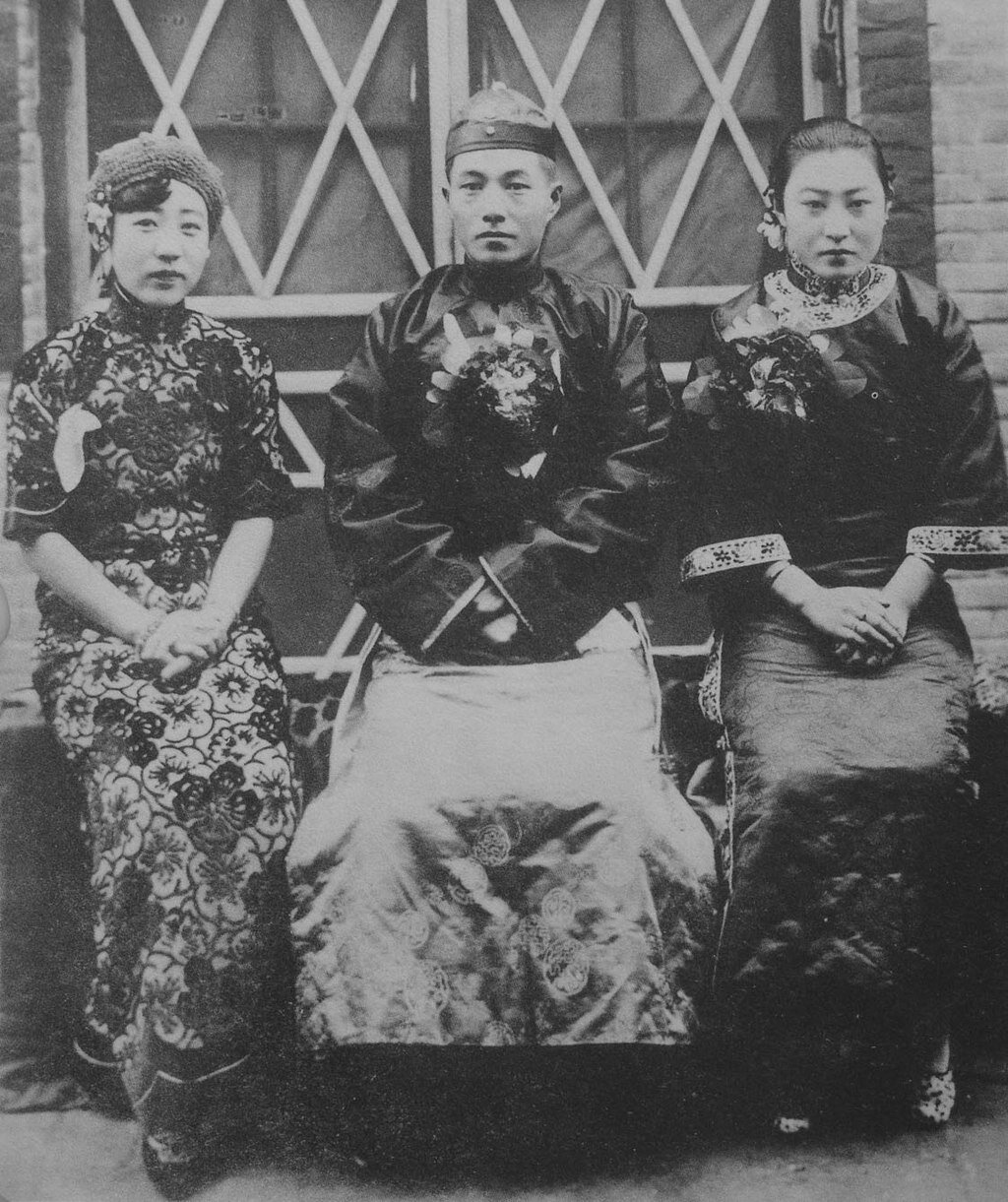
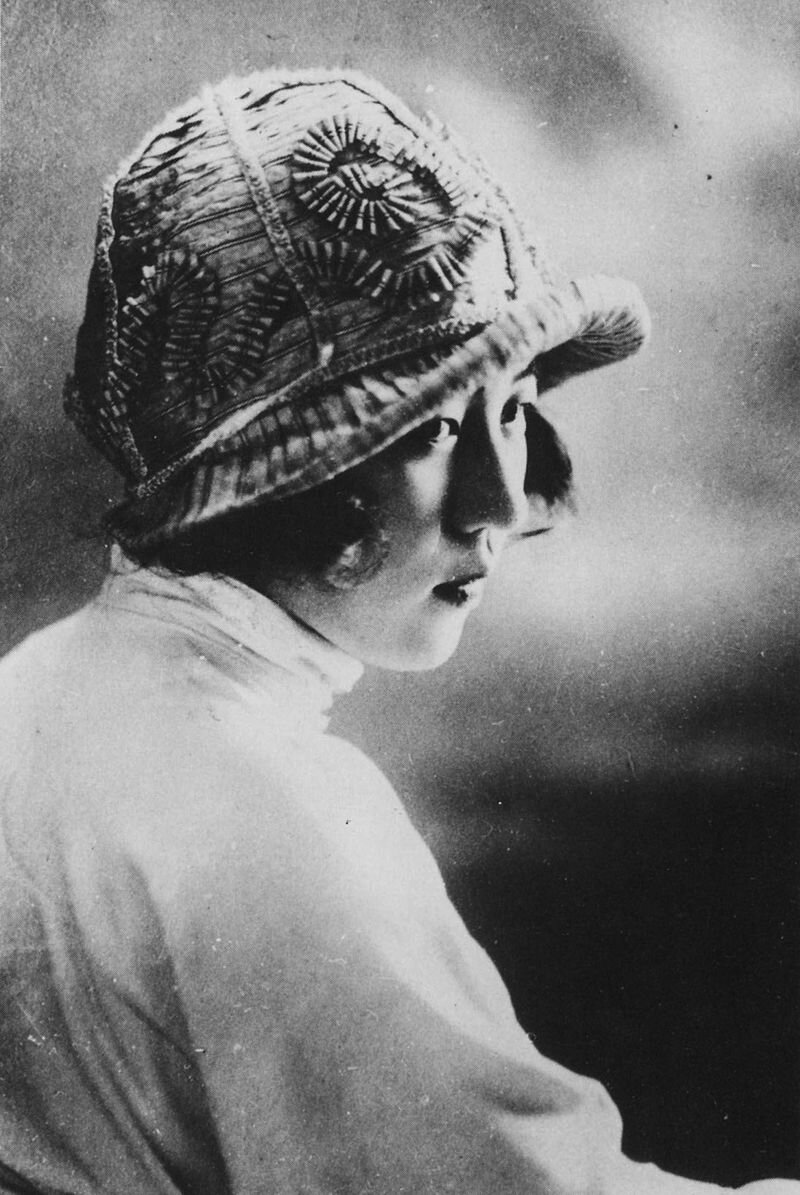
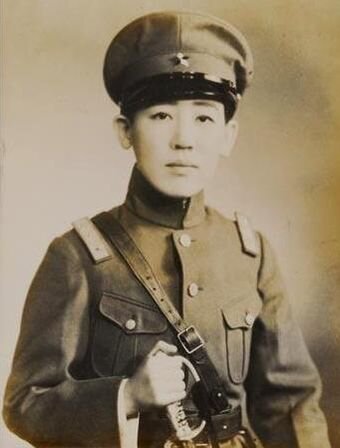
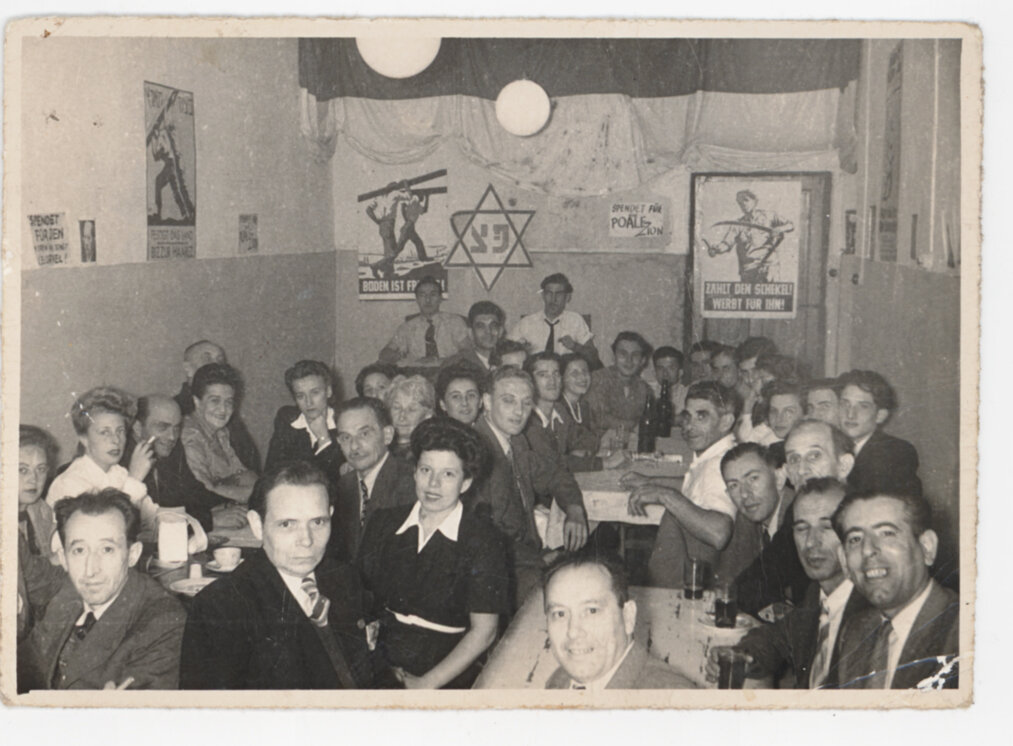
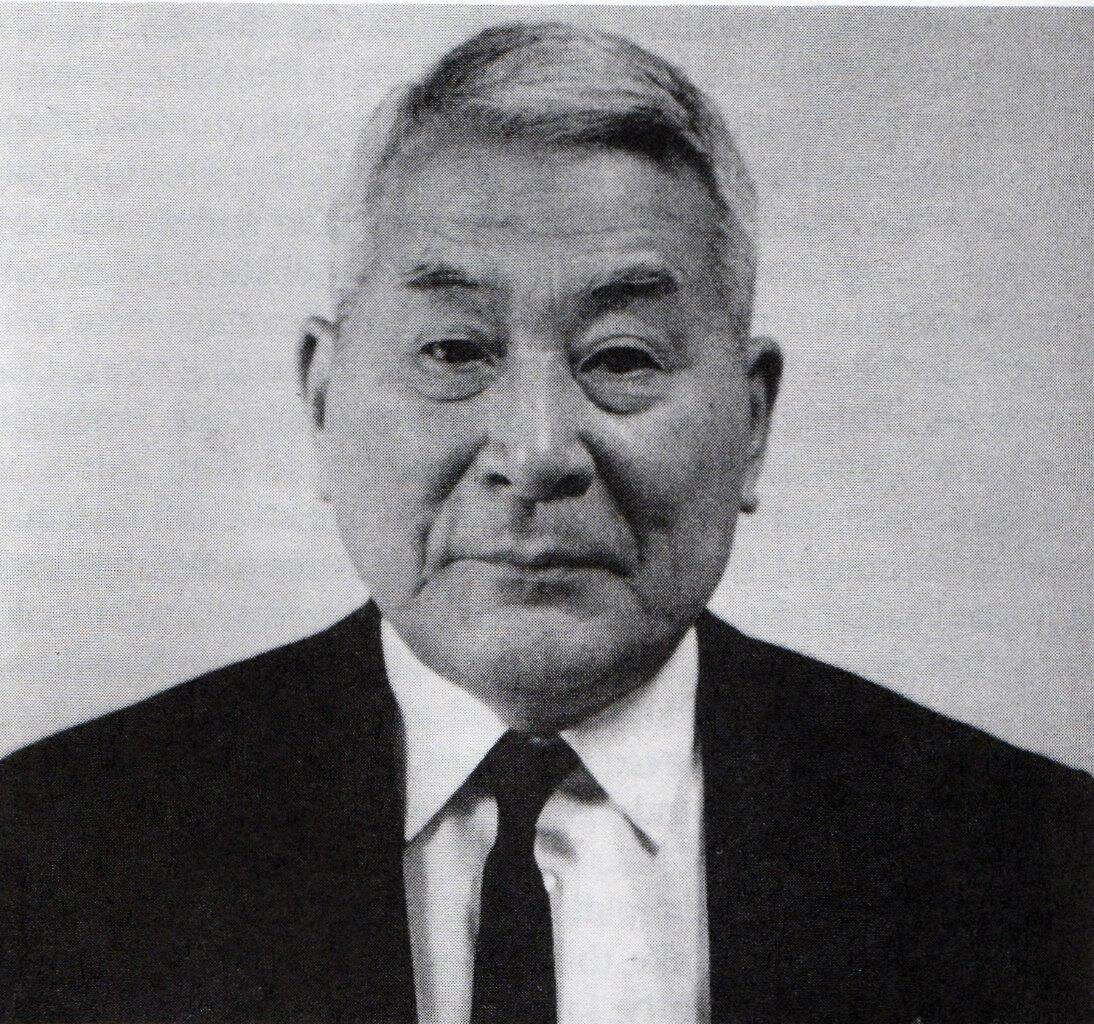
In post-228 Taiwan, extraordinary events start to happen, one after another.